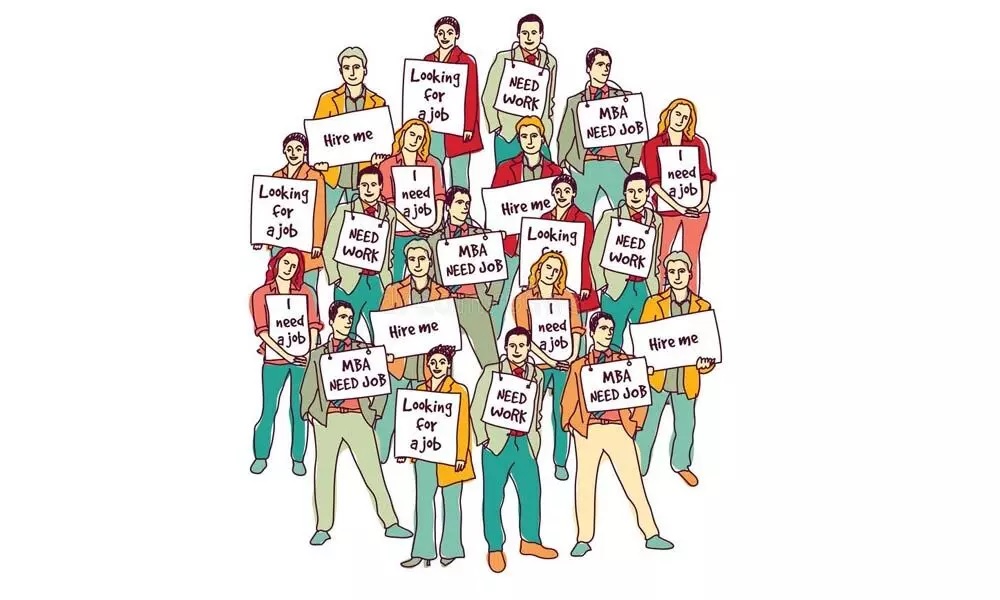Employment Law’s Role in Addressing Wage Inequality

Wage inequality has been a major issue in the workforce for many years. The gap between the highest paid employees and the lowest paid employees is widening, and this has led to many debates about how to address the problem. One solution that has been proposed is to use employment law to help reduce wage inequality. Here we will explore the role of employment law in addressing wage inequality.
What is Employment Law?
Employment law refers to the set of laws that govern the relationship between employers and employees. These laws cover a wide range of issues, including minimum wage, overtime pay, discrimination, harassment, and workplace safety. Employment law is designed to protect employees and ensure that they are treated fairly by their employers.
The Impact of Employment Law on Wage Inequality

Employment law can have a significant impact on wage inequality. One of the most important ways that employment law can help reduce wage inequality is by setting a minimum wage. The minimum wage is the lowest wage that employers are legally allowed to pay their employees. By setting a minimum wage, employment law ensures that even the lowest paid employees are able to earn a living wage.
Another way that employment law can help reduce wage inequality is by requiring employers to pay overtime. Overtime pay is a premium rate of pay that employees receive when they work more than a certain number of hours per week. By requiring employers to pay overtime, employment law ensures that employees are compensated fairly for their extra work and that employers cannot exploit their employees by making them work long hours without compensation.
Employment law can also help reduce wage inequality by prohibiting discrimination in the workplace. Discrimination occurs when an employer treats an employee unfairly because of their race, gender, age, religion, or other characteristic. By prohibiting discrimination, employment law ensures that employees are judged based on their skills and qualifications rather than their personal characteristics.
The Limitations of Employment Law in Addressing Wage Inequality
While employment law can be effective in reducing wage inequality, it has its limitations. One of the biggest limitations is that employment law only applies to employees who are covered by the law. This means that many workers, such as independent contractors and freelancers, are not protected by employment law and may not be able to benefit from the protections that it provides.
Another limitation of employment law is that it cannot address all of the factors that contribute to wage inequality. For example, employment law cannot address the issue of executive compensation, which is often a major contributor to wage inequality. Additionally, employment law cannot address the issue of income inequality more broadly, as it only applies to the relationship between employers and employees.
Employment law can play an important role in addressing wage inequality by setting a minimum wage, requiring employers to pay overtime, and prohibiting discrimination in the workplace. While employment law has its limitations, it is an important tool for promoting fairness and equality in the workforce. As the debate over wage inequality continues, it is important to consider the role that employment law can play in addressing this important issue.




